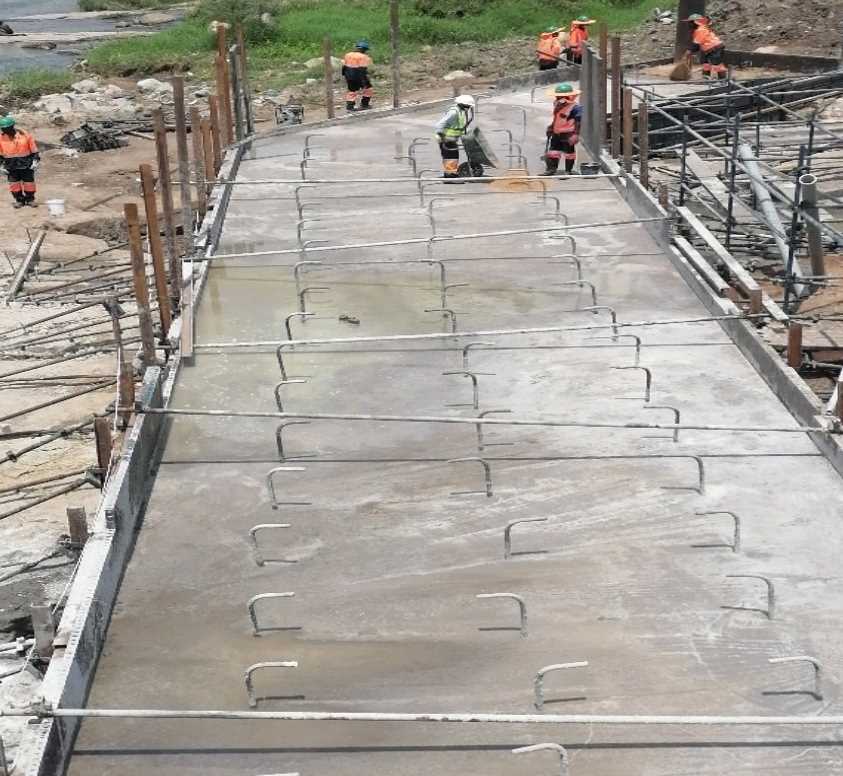
Metropolitan Development Company’s attempt to stop work on Mbudzi Traffic Interchange has been thrown out of court, leaving the way open for the contractor, to complete the project on schedule.
Justice Owen Tagu dismissed Metropolitan’s application for an interim order to stop work on project saying that that the Government had now made a reasonable compensation offer to Metropolitan and the litigant had “nothing to argue for on the return day”.
Metropolitan Development (Pvt) Ltd sued the Minister of Transport and Infrastructure Development and Tefoma Construction, the consortium contracted to build the interchange, seeking an order compelling the Government to offer adequate compensation or alternative land of equal value elsewhere.
Metropolitan filed an initial order in December 2021, then parties went into negotiations and the case was withdrawn. Metropolitan then approached the courts again for an interim order as negotiations were not progressing to their satisfaction.
Metropolitan was offered US$562 913 compensation for the land in question to cover land value and developments. The Zimbabwean government is legally entitled to take over most land for public goods but must pay fair compensation to ensure that holder suffers no prejudice.
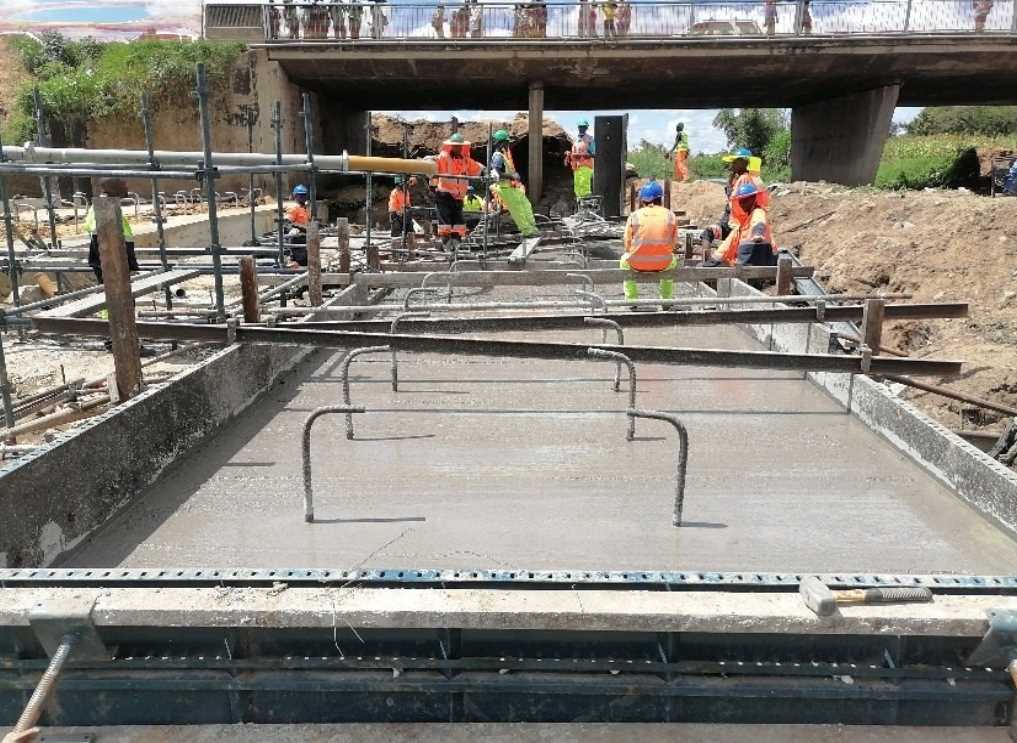
Local solution to a problem for millions
Related Stories
Traffic snarls at Mbudzi Roundabout had become notorious with motorists reporting being stuck for four hours or more.
Millions of vehicles use the traffic circle as it services commuter traffic including populated areas like Chitungwiza, Glen Norah as well as vehicles bound for the southern route towards Beatrice, Chivhu, Mvuma, Masvingo and Beitbridge.
Overwhelming of the traffic circle by the sheer volume of vehicles was the biggest cause of chaos. Vehicles breaking down or being involved in crashes with the circle are also other factors causing the travelling public problems.
In addition, unregulated traffic drop-off and pick up points added to the chaos. Vendors plying their trade from makeshift roadside stalls also added to the mayhem.
In 2016 Government of Zimbabwe contracted DNMZ, a South African engineering consultancy to design Mbudzi Interchange. With no financier secured, the project stalled.
In a solution oriented move, in 2021, a local company, Fossil Mines approached the Government of Zimbabwe and offered funding. Together the parties structured a loan agreement. With resource mobilisation sorted, the project, which had been in limbo for a few years, came to life.
The scope of work to be done was so great, top local construction companies felt that instead of competing for tenders, it was best to pool capacity. Thus Tefoma Joint Venture came into being. It consists of Tensor, Fossil Contracting and Masimba Construction, three of the biggest construction firms in Zimbabwe












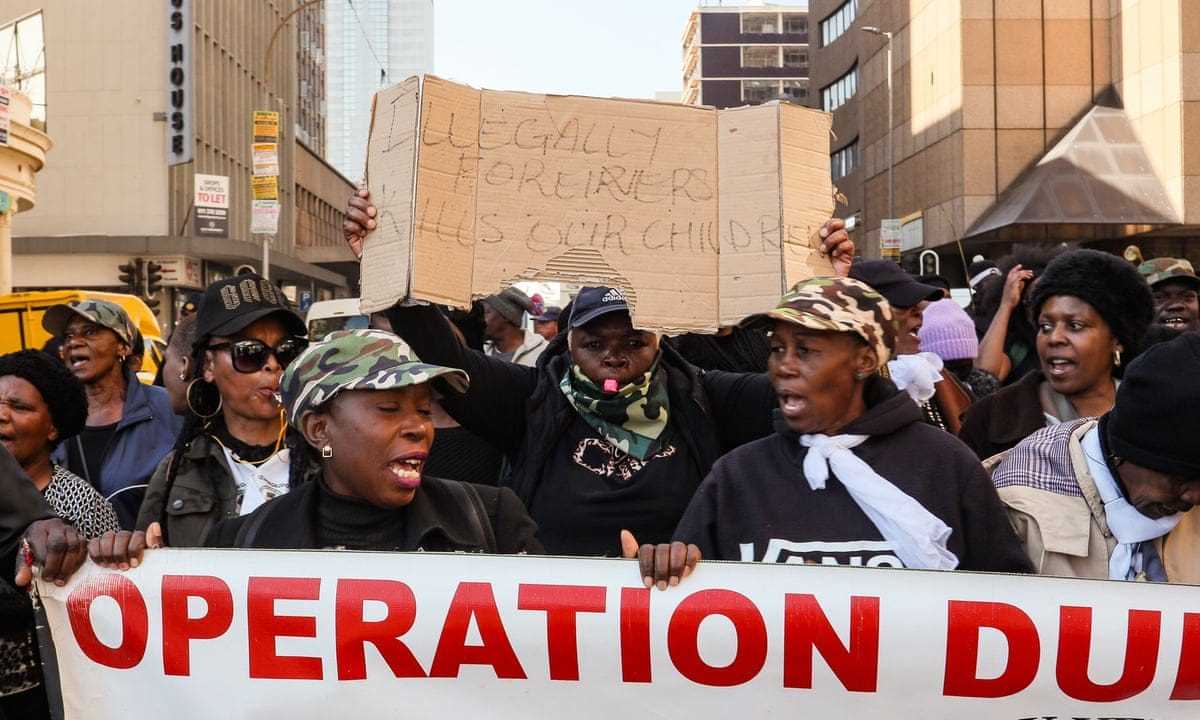

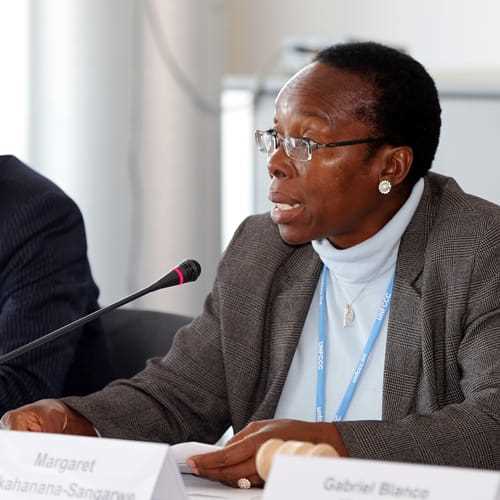
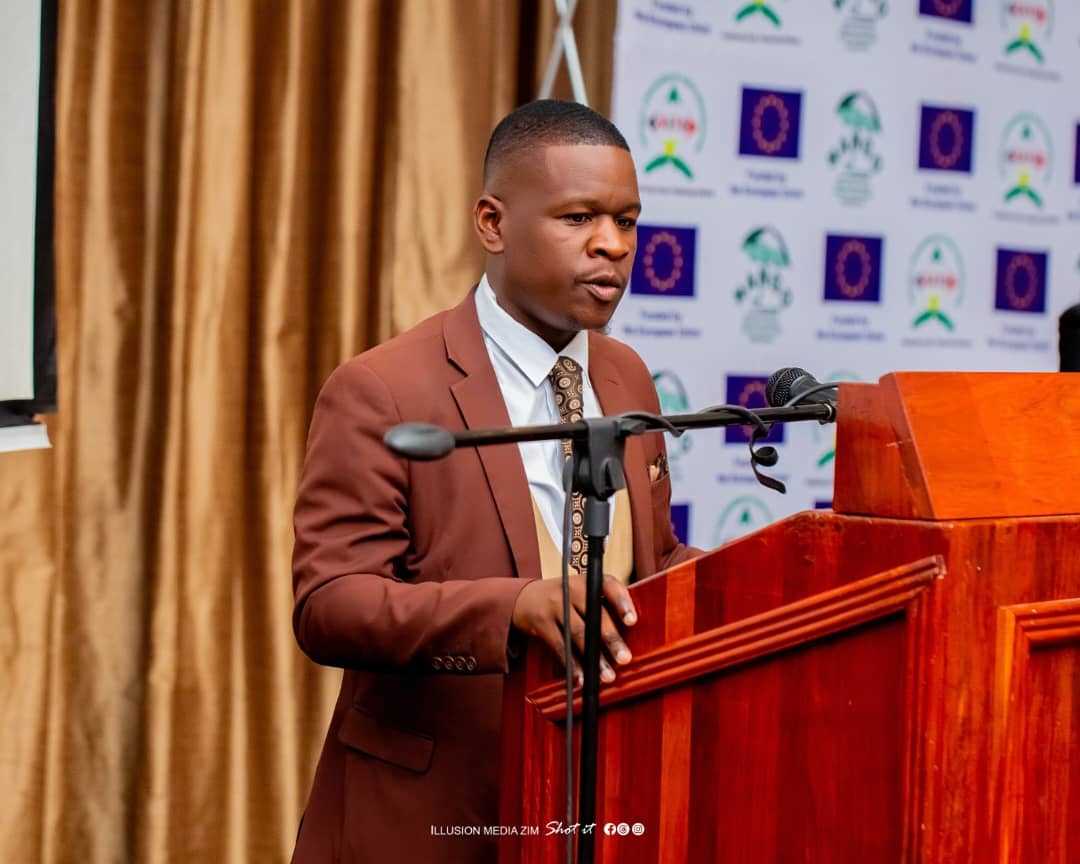
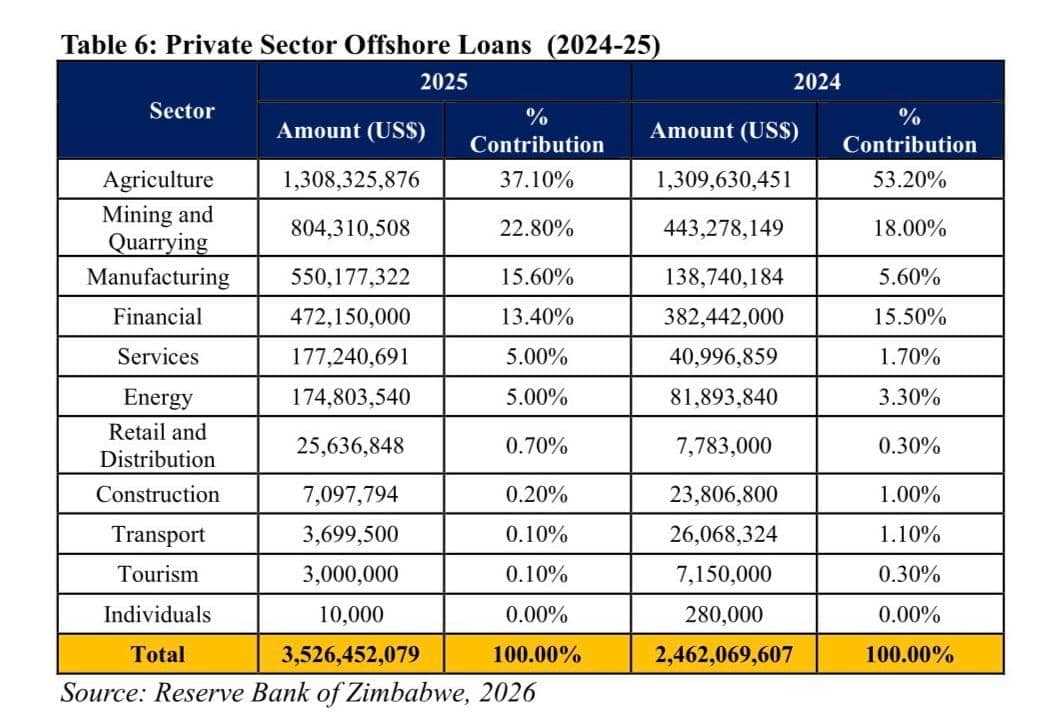


Leave Comments